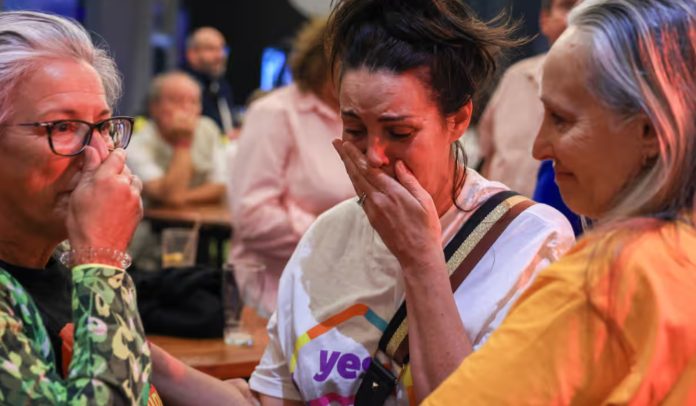Last week, Australians overwhelmingly rejected an Indigenous Voice referendum that would have enshrined an Indigenous advisory body to the Parliament in the Constitution, The Associated Press reported.
Assistant Republican Affairs Minister Matt Thistlethwaite claimed the failed vote had reduced the chances of the subsequent referendum, which would make Australia a republic with its own president instead of a British monarch.
In my view, it’s not off, but it does certainly make it a lot harder. Australians are reluctant to look at further referendums in the short term.
Last year, the centre-left Labour Party government of Prime Minister Anthony Albanese made the Voice referendum a key priority of his first three-year term.
Albanese has tasked Thistlethwaite to deal with the issue of changing Australia’s political system to a republic, noting the prospect of a second term referendum if the Labour Party wins the 2025 election.
Australians rejected the establishment of a republic back in 1999. No referendum has been successful since 1977.
The weekend’s referendum result also sparked a backlash against indigenous rights in the two states where the “no” vote was the strongest.
Opposition leader David Crisafulli explained he had hoped that a treaty between the state and the Indigenous people would lead to a better outcome for the Aboriginal population. However, the referendum convinced him that the treaty would only lead to a further division.
Sadly, over the past six months Australia and Queensland have been subject to one of the most divisive debates in my life.
One Nation party representative Sarah Game introduced a bill in the South Australian state legislature this week to repeal the legislation that created the Voice.
“I think it’s the right thing to do: an acknowledgement of the way in which Australians and in particular South Australians have voted. We want a commitment to those who are disadvantaged, but we don’t want it in a way that causes a divide on race and ancestry.”
